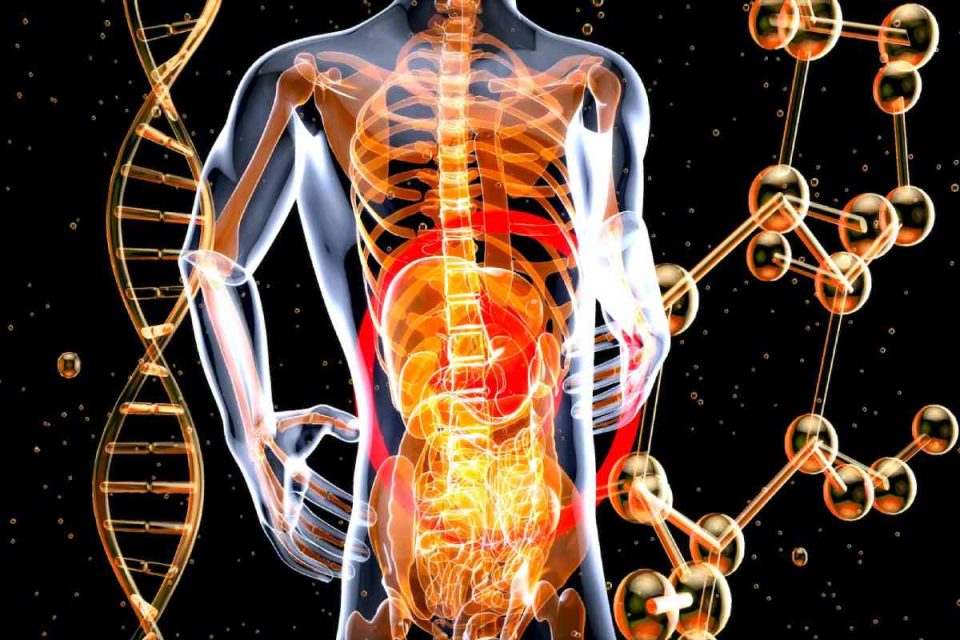The liver is one of our body’s most vital and underestimated organs. It plays a crucial role in detoxification, metabolism, and nutrient storage.
Your liver is your body’s largest internal organ and is responsible for filtering blood for toxins, fats, carbs, and sugar. Since this organ works non-stop and is vital for normal bodily function, it needs adequate care.
Unfortunately, the number of liver disease cases has increased significantly in the past few years, and people are resorting to liver health supplements to maintain their health.
This article will discuss three lifestyle habits that can aid your liver alongside supplements.
Table of Contents
1. Eat a Balanced Diet
While this may seem obvious, proper nutrition is the cornerstone of a healthy liver. A well-balanced, nutritious diet can prevent the accumulation of toxins and fats in and around your liver, speeding up its function.
Your diet should include colorful fruits and vegetables like berries, leafy greens, and cruciferous vegetables. These foods contain antioxidants and fiber, aiding the liver’s detoxification function.
You must also avoid trans fats and consume more unsaturated fats, such as avocados, nuts, and olive oil. A moderate amount of meat and dairy should also be a part of your diet. Choose low-fat dairy options and limit how much red meat you eat.
It would help if you also watched your processed foods, sugary snacks, and beverages intake. An excess of these can cause fatty liver disease and inflammation, both of which can be painful and need medical intervention.
2. Physical Activity
Staying active also plays an essential role in liver health. Physical activity is instrumental to maintaining your body weight, but it also helps improve insulin sensitivity, reduces inflammation, and promotes overall cardiovascular health.
You can choose strength training, aerobic exercise, or yoga and stress reduction techniques depending on your body.
Strength training involves lifting weights and building your muscle mass. That can enhance metabolic rate and insulin sensitivity, reducing the risk of fatty liver disease.
Aerobic activities like walking, jogging, or cycling can improve blood flow and promote the efficient functioning of the liver. Yoga practices can help reduce your stress levels and improve your liver health in the long run.
Chronic stress is a substantial contributing factor to inflammation and liver damage as well, so stress management methods can help your mind and liver alike
3. Hydration
Drinking enough water and staying properly hydrated reduces some of the strain on your liver. Water helps flush out toxins and waste products from your blood, aiding liver function.
Aim to drink around eight glasses of water every day. The intake may vary according to your needs, activity, and surrounding climate, but this could be a reference starting point.
It would help if you also drank alcohol in moderation. When you drink, your liver deviates from its normal functions and only focuses on getting the alcohol out of your blood.
Limit yourself to one or two drinks a day, and reduce your intake of sugary beverages, as they can cause fatty liver disease.
To support your liver further, you can include some herbal teas, such as dandelion or green tea, known to have protective properties for your liver.
Endnote
Nowadays, liver disease is becoming more common every day, but with a few lifestyle changes, you can ensure your liver functions optimally.
You can maintain your liver and overall body health by adopting balanced nutrition, engaging in regular physical activity, and staying adequately hydrated.
But ensure you remain consistent with your habits and get regular doctor checkups to catch any potential liver damage early.

